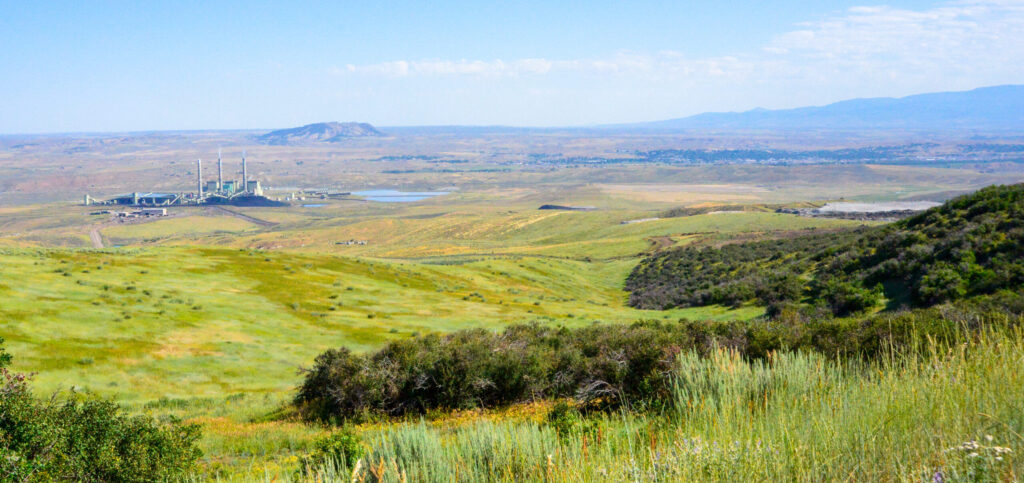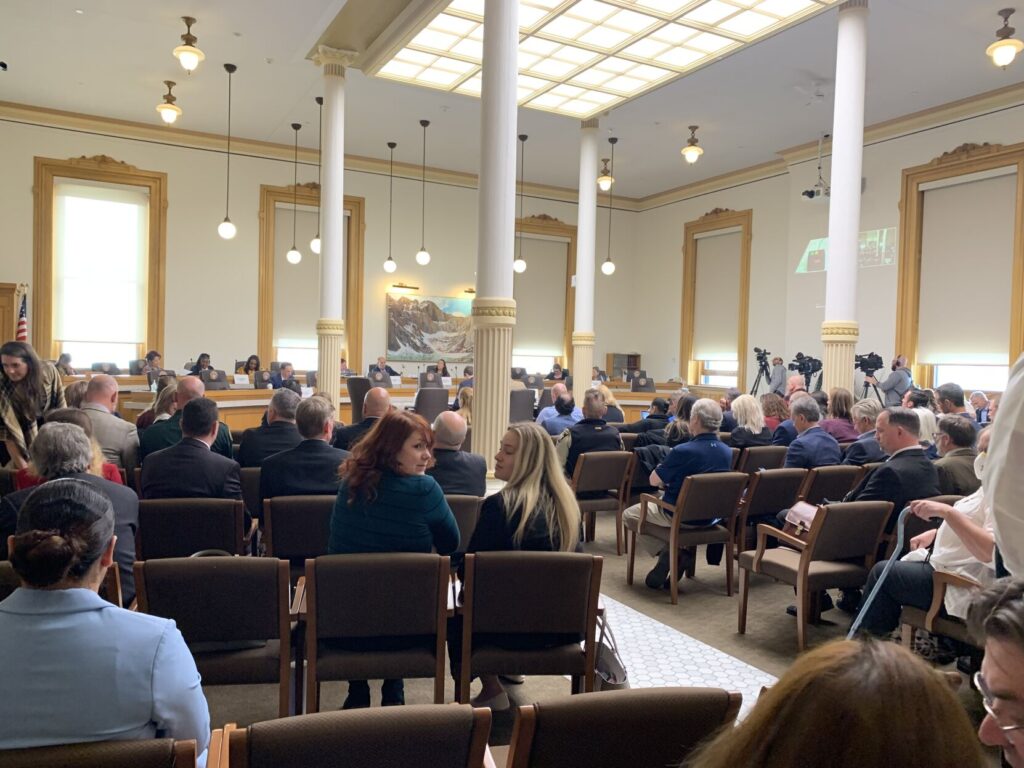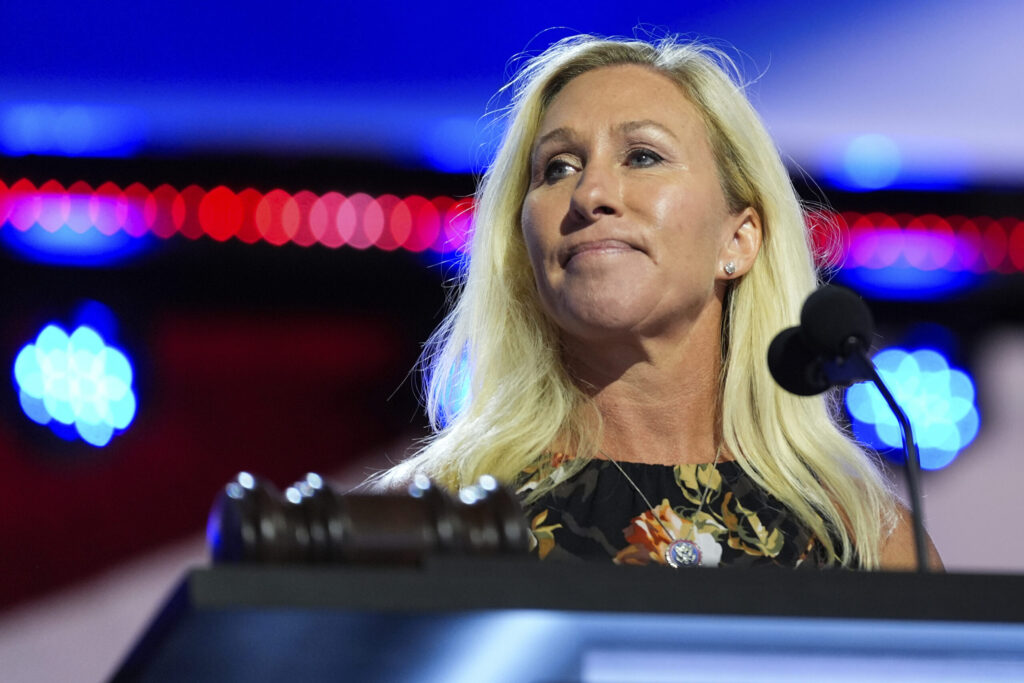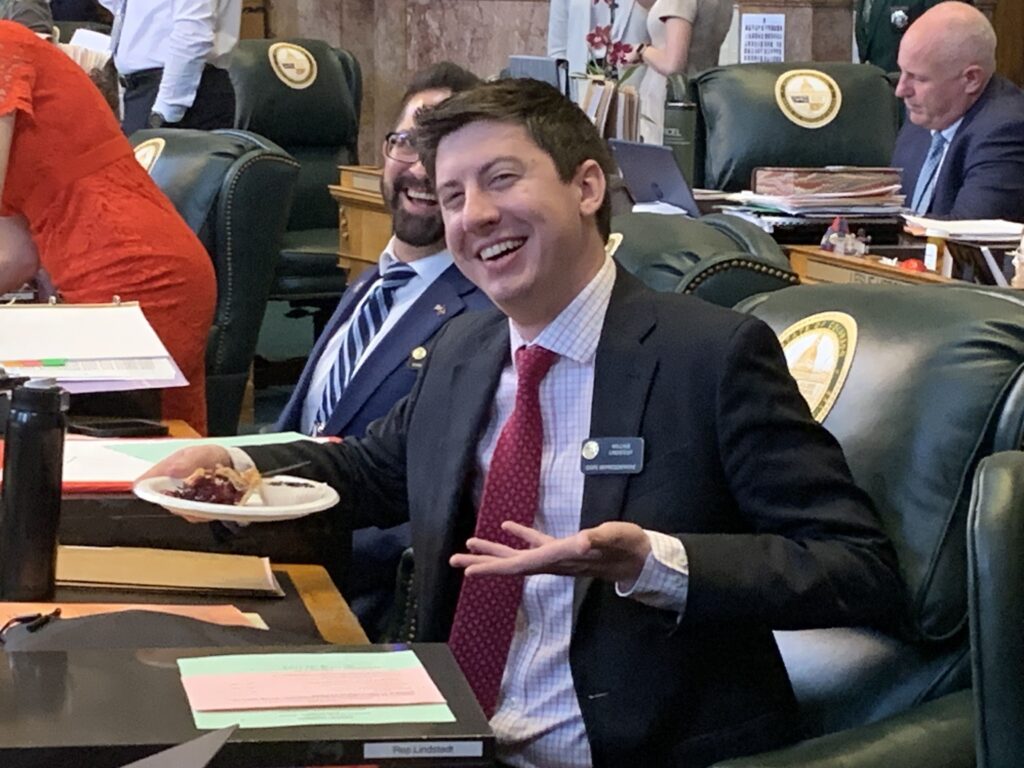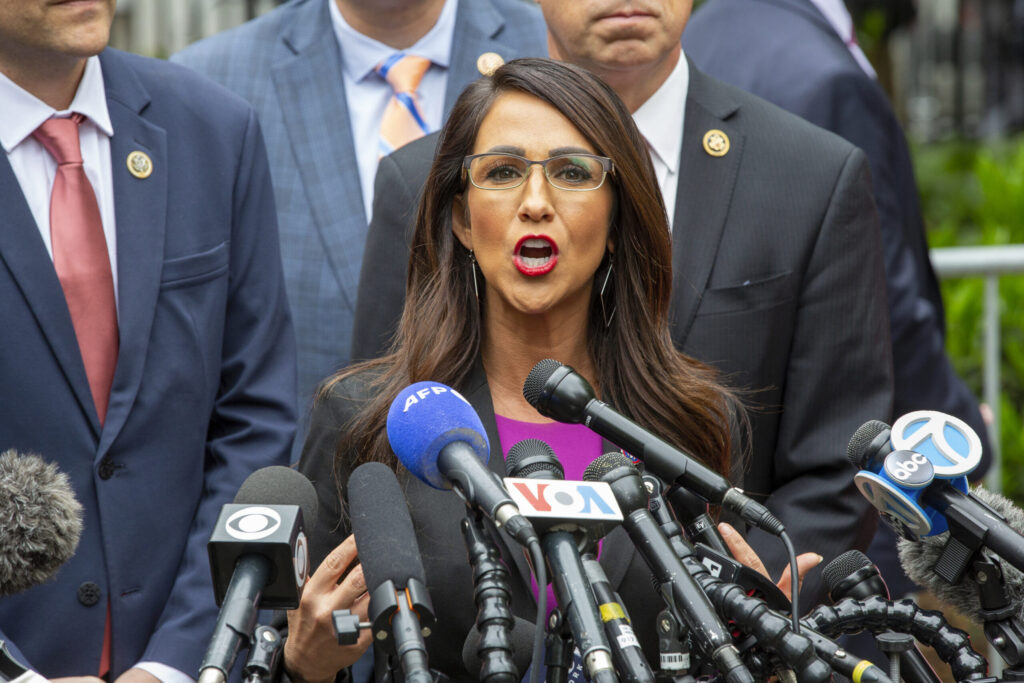? Climate change debate heats up race to decide majority on CU Board of Regents
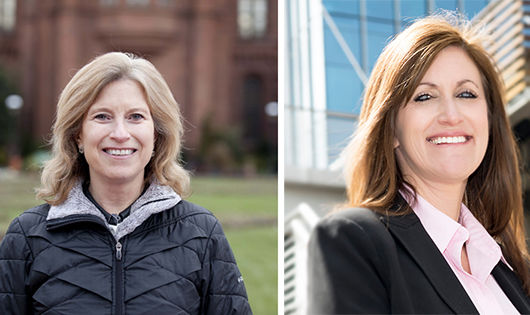
The pivotal at-large race to determine control of the University of Colorado Board of Regents could hinge on concerns about climate change and free speech.
Former Democratic state Rep. Alice Madden injected climate change into the race early on with jabs at the board’s 5-4 Republican majority. The board voted last year against changing the University of Colorado system’s investment approach to exclude fossil-fuel holdings.
“Question of the day: Do you think that all nine of the elected CU Regents should believe in man-made climate change?” asked Madden in a Facebook post reprinted on Complete Colorado. “Seems like a basic premise for a premier research and teaching institution with 12 Nobel Laureates.”
At the June 15 Weld County Democratic Party Assembly, state Rep. Dave Young read a letter from her with a similar message.
“Given that CU is a premier research institution with 12 Nobel laureates, wouldn’t it be nice if its board members actually believed in climate change?” said Madden’s letter, prompting laughter from the crowd, according to the Greeley Tribune.
Her climate change focus comes with divestment still very much on the radar at CU. At the same time, however, alarm is rising over efforts to shush the global-warming debate by discouraging dissenting views.
Three professors at the University of Colorado-Colorado Springs came under fire in September for squelching climate change debate in the classroom. Last month, WikiLeaks released an email in which a ThinkProgress editor boasted about his efforts to muzzle University of Colorado Boulder environmental studies professor Roger Pielke Jr., a favorite target of the climate change movement.
Republican Heidi Ganahl has responded by emphasizing her support for vigorous campus debate on hot-topic issues like climate change as well as keeping the Board of Regents at arm’s-length from decision-making on research topics.
“I’m very happy that CU is one of the top research universities in the world, and I think we should continue to support that enthusiastically, but I don’t think the governing board of the CU Regents should be picking and choosing which research we should be focusing on,” Ganahl said.
“I’m more about supporting research in general and letting the leaders of the university decide, based on funding and grants and what the areas of interest are with the students and the faculty,” said Ganahl, founder of the pet-care company Camp Bow Wow and a CU Foundation board member.
She also has concerns about “propaganda” spilling into the classroom. “My daughter’s a senior at the University of Oregon, and I sent her to college to learn how to think, not what to think,” Ganahl said.
In Madden’s view, however, it’s the Republican-controlled board that has the problem with discussing climate change.
“This is verboten,” she told the Colorado Independent. “Which is ridiculous. So it’s kind of a slap in the face to the amazing people we have here. Their work is not only dismissed but ridiculed.”
For both parties, the stakes are high. The at-large race comes as the Democrats’ best opportunity in years to capture a majority on the board, which Republicans have held since 1979.
Madden has long been aligned with the environmental movement – she won the National Wildlife Federation’s Maggie Fox Award in March – but despite support from pro-divestment groups like Fossil Free CU, she told Complete Colorado last month that she does not support divestment.
Instead, she said she favors using ESG, or environmental, social and governance, criteria to measure the sustainability and ethical impact of investments.
“I support other progressive investor strategies such as Environmental, Social, Governance criteria that look at a wide array of corporate behaviors,” Madden said in an email to the Colorado Statesman. “I prefer ESG because [it] is more of a carrot than a stick approach.”
Ganahl isn’t necessarily buying it. “I think it’s still kind of up in the air whether she [Madden] supports divestment or not,” she said.
“I know what she’s saying publicly now, but I think her track record supports the fact that she would probably be a big supporter if it did come to a vote,” said Ganahl.
The Board of Regents voted 7-2 last year to reject fossil-fuel divestment, meaning that it would take more than one vote to flip the board’s stance.
But John Carson, a Republican regent, said he worries that divestment would be back in play with a Democratic majority. Democratic Regent Michael Carrigan, who voted with the majority, is term-limited and will likely be replaced by another Democrat, “so you don’t know where that vote will come down,” Carson said.
In addition, a Democratic majority would find itself under increased pressure from its allies in the environmental movement to reconsider divestment. If Madden wins the seat now held by term-limited regent Steve Bosley, a Republican, “I think the whole dynamic will change,” Carson said.
“There’s going to be a lot of pressure from these outside groups to have the Board of Regents direct divestment from fossil fuel companies,” said Carson. “You’re looking at a scenario where they could get a majority if there’s enough outside pressure and they want to demonstrate that change has come to the university.”
This semester alone, two incidents involving CU faculty illustrate the friction between climate change advocates and First Amendment defenders on campus.
In August, three University of Colorado-Colorado Springs professors came under fire after advising students that, “We will not, at any time, debate the science of climate change, nor will the ‘other side’ of the climate change debate be taught or discussed in this course.”
The Daily Camera cited the UCCS flap in its endorsement of Madden, saying, “We strongly support freedom of speech and thought on this and other matters, but for a leading science research institution to offer a course based on the current scientific consensus should hardly be controversial.”
Meanwhile, CU’s Pielke drew headlines after being named in a WikiLeaks email released last month from ThinkProgress editor Judd Legum to San Francisco billionaire Tom Steyer, a huge funder of the climate change movement.
In a July 2014 email to Steyer, Legum took credit for creating a rift between Pielke and the online publication FiveThirtyEight by blasting his article challenging the link between global warming and extreme weather events such as hurricanes.
That article, published March 19, 2014, was Pielke’s last for FiveThirtyEight.
“I think it’s fair say that, without Climate Progress, Pielke would still be writing on climate change for 538,” said the Legum email. “He would be providing important cover for climate deniers backed by Silver’s very respected brand. But because of our work, he is not.”
The email’s release touched off a round of sparring last week between Pielke, who accused ThinkProgress of an “organized, politically motivated campaign to damage my career and reputation,” and Legum, who insisted there was “no organized campaign,” according to the Daily Camera.
ThinkProgress and Climate Progress are projects of the Center for American Progress in Washington, D.C., where Madden served as a senior fellow before being elected to the state House in 2000. She was majority leader from 2005-09.
Carson said he plans to bring up the ThinkProgress email at the Nov. 10 board meeting, calling the situation “outrageous.”
In endorsing Ganahl, the Denver Post pointed to the board’s role in promoting intellectual diversity on campuses dominated by liberal faculty and students.
“Ganahl will ensure the right balance for the future of the state’s largest higher-education system, a balance of liberal faculty and conservative administration. It will promote diversity of thought and intellectual freedom,” said the Post endorsement.
Issues such as climate change and intellectual diversity come only rarely before the board, which more often finds itself grappling with funding and enrollment questions.
“I mean, 95 percent of the issues we’re going to work together on as regents and agree on, like getting the cost of college down and increasing access for students, but that 5 percent is where it gets a little dicey,” said Ganahl. “And that’s where you’re going to see the difference if it flips to Democrat or stays Republican.”



